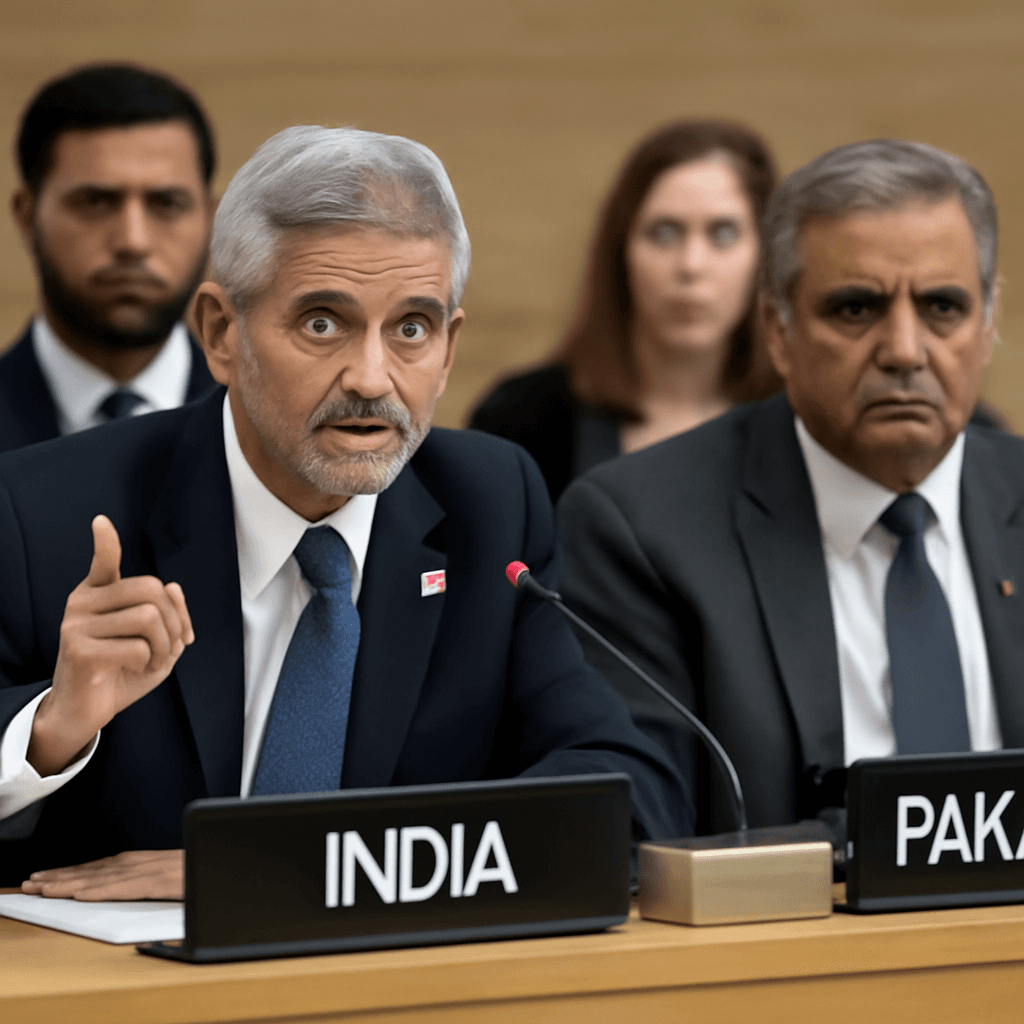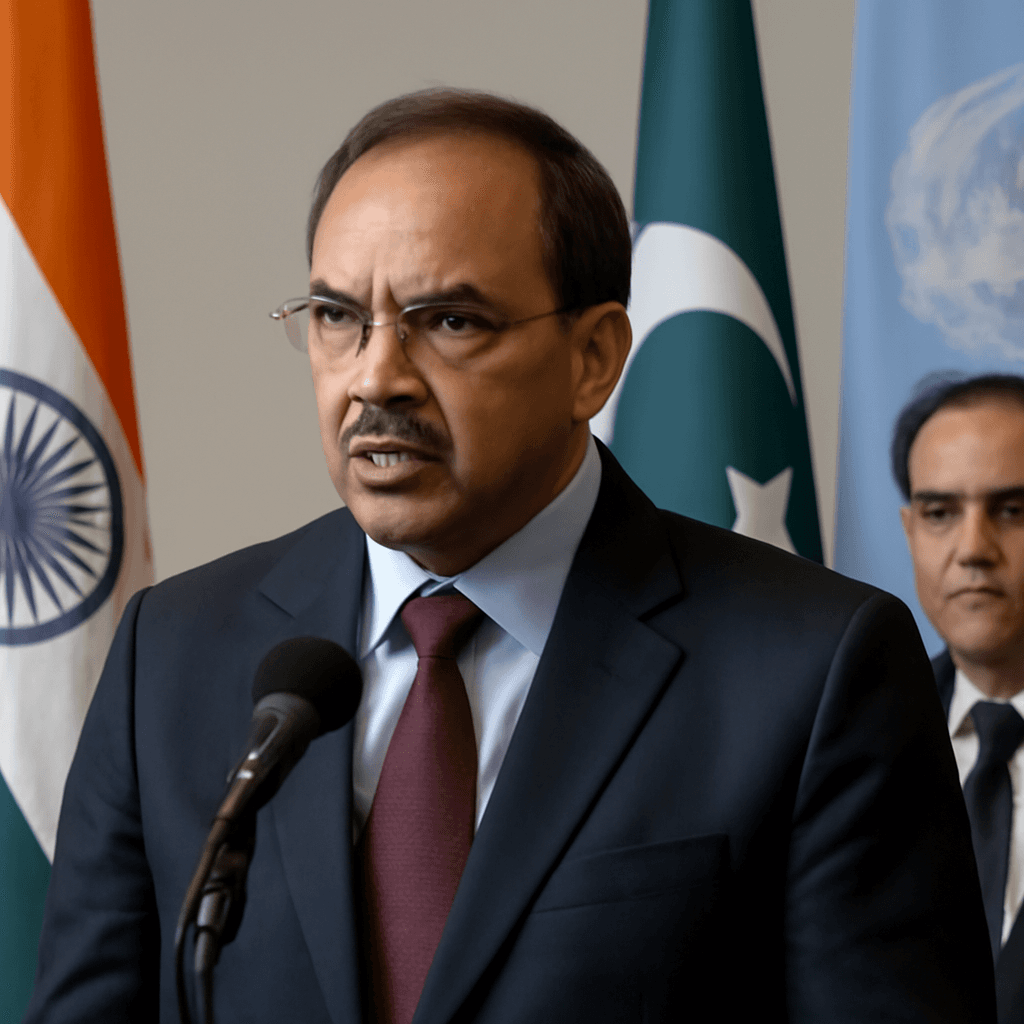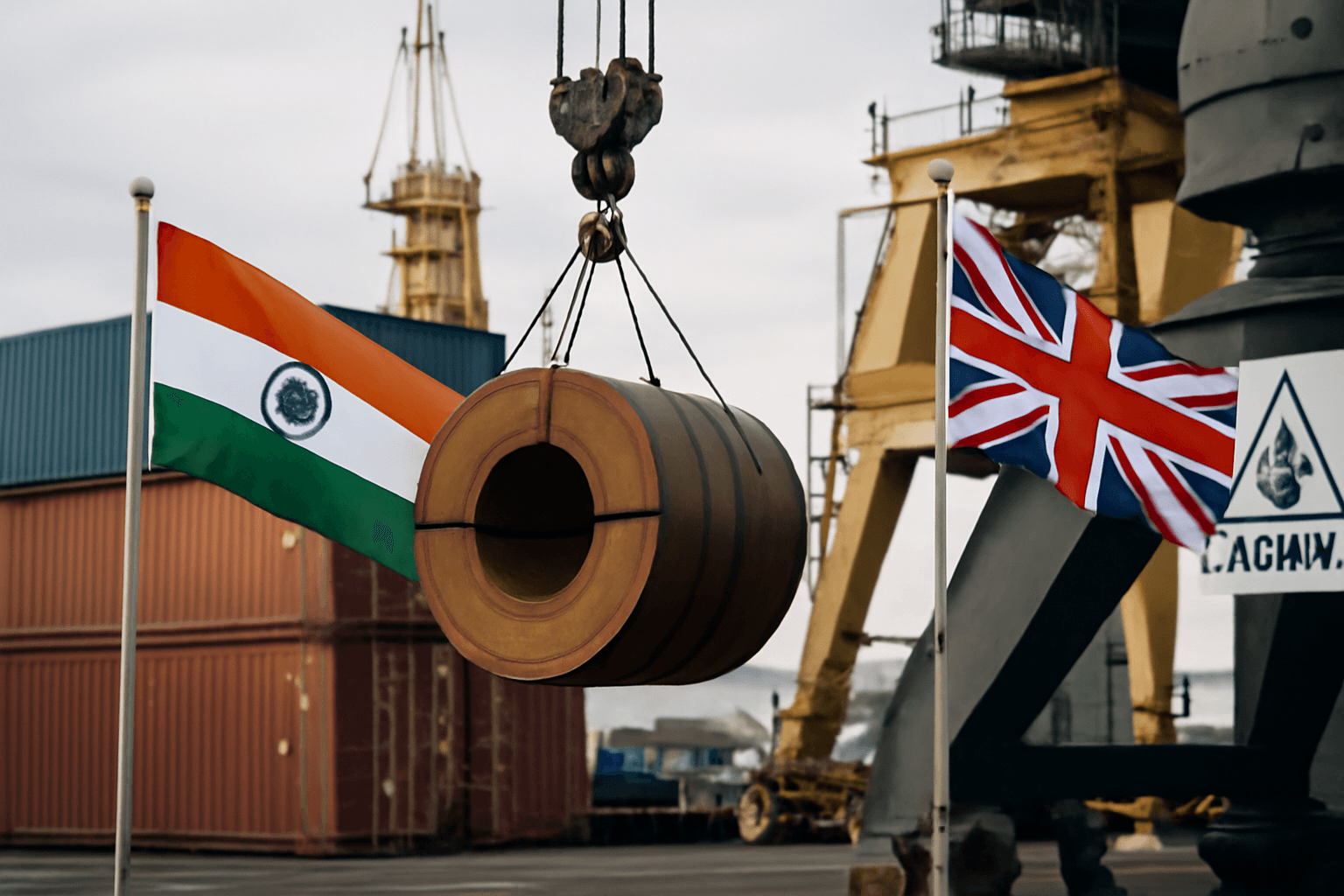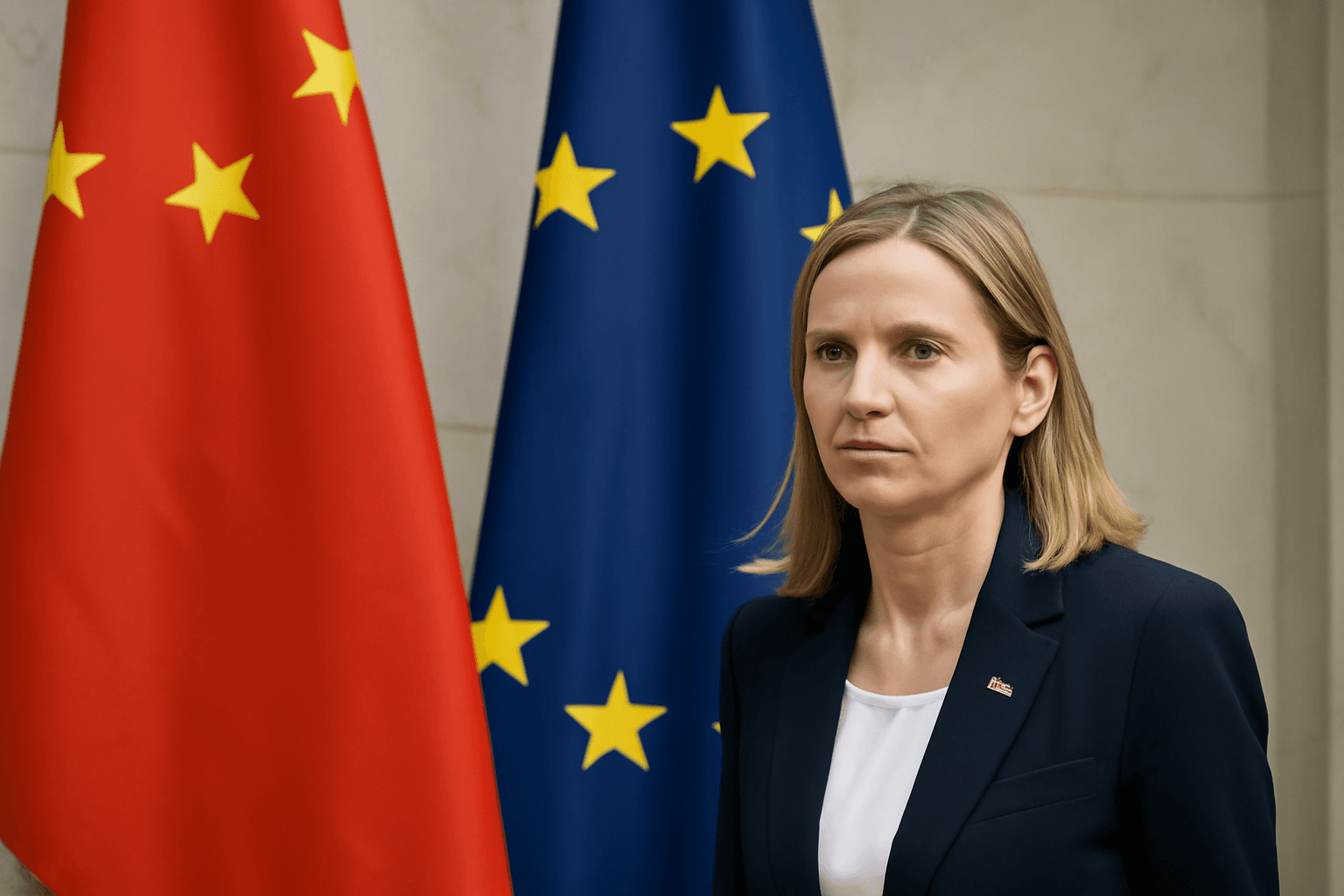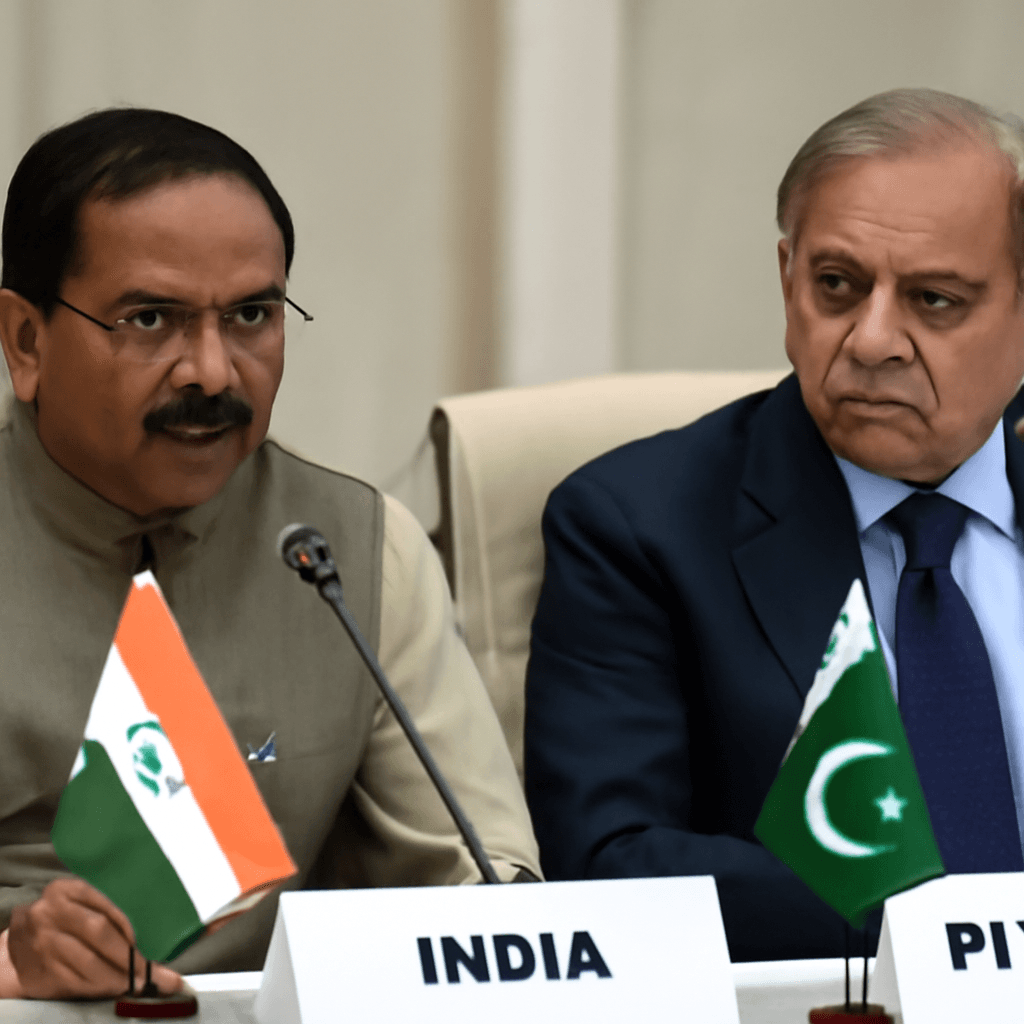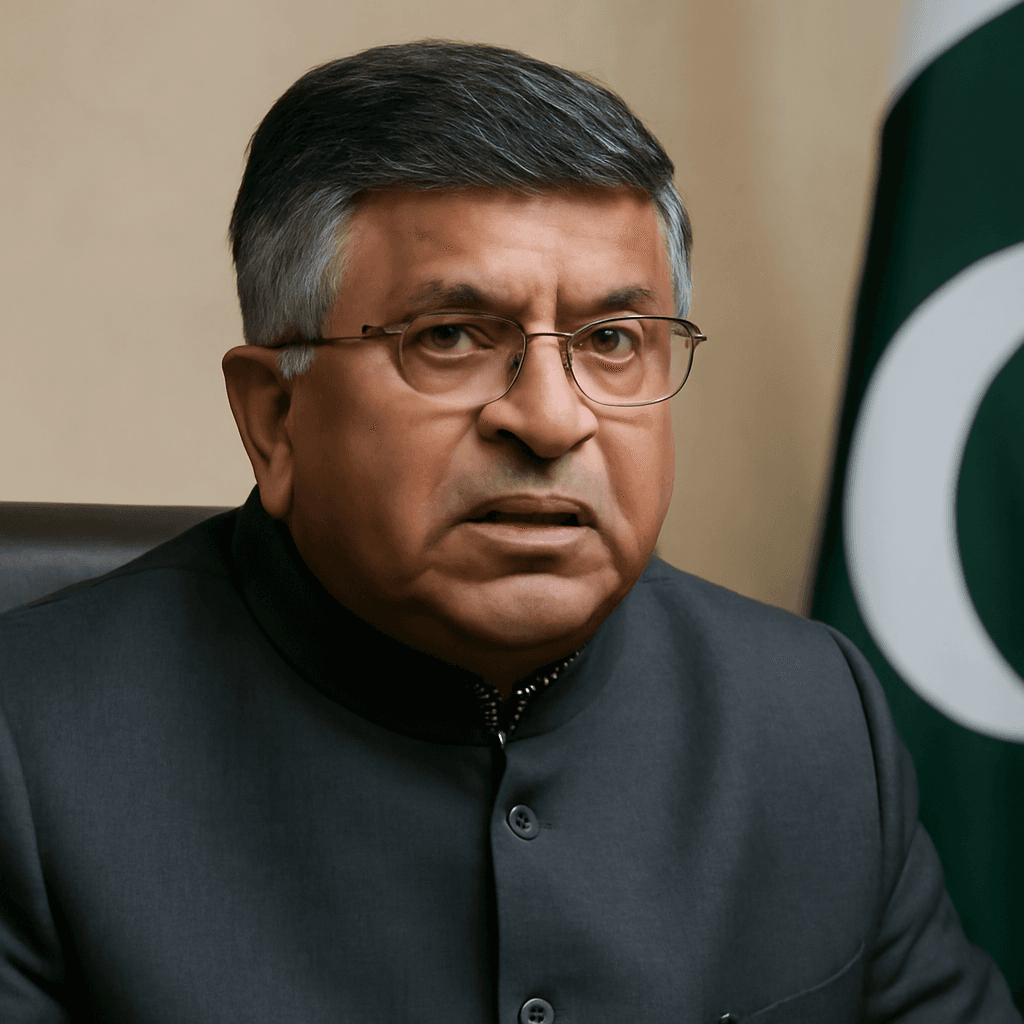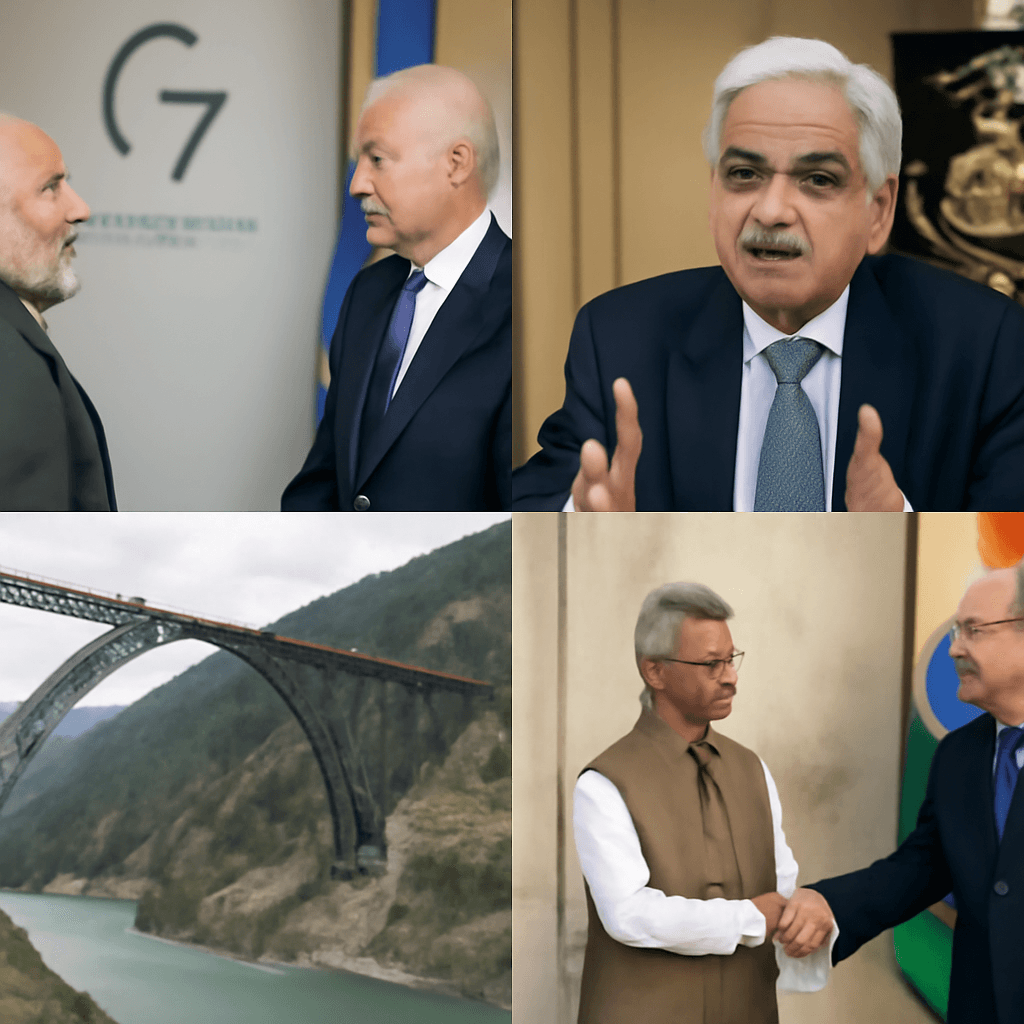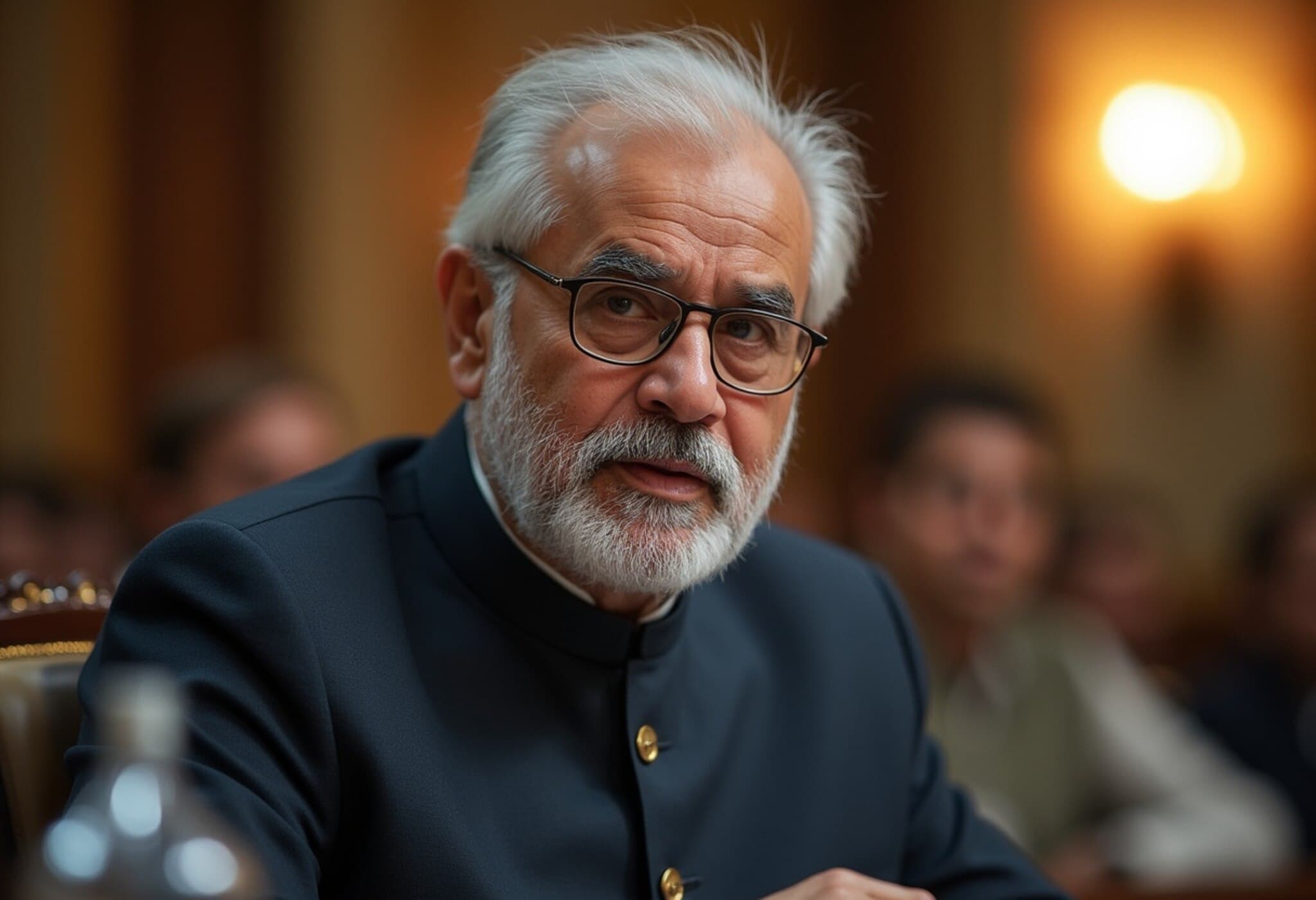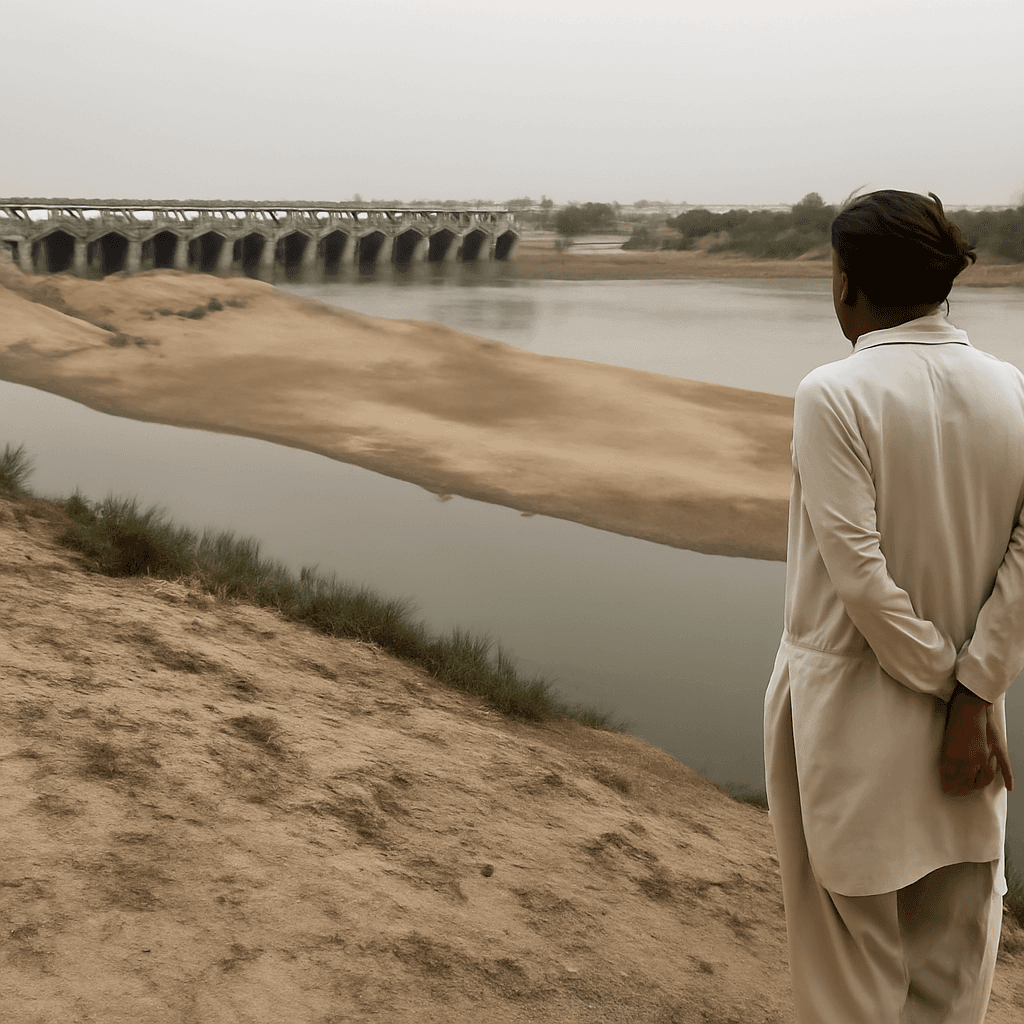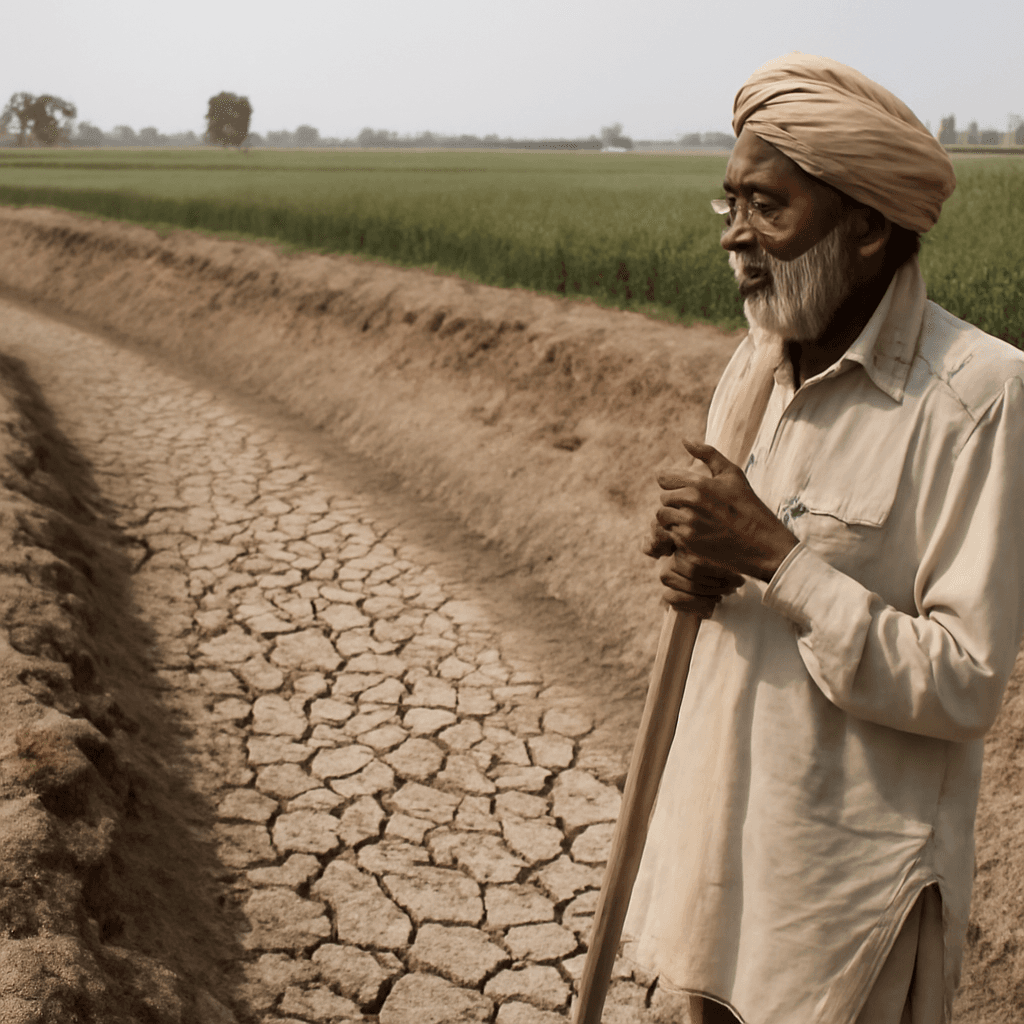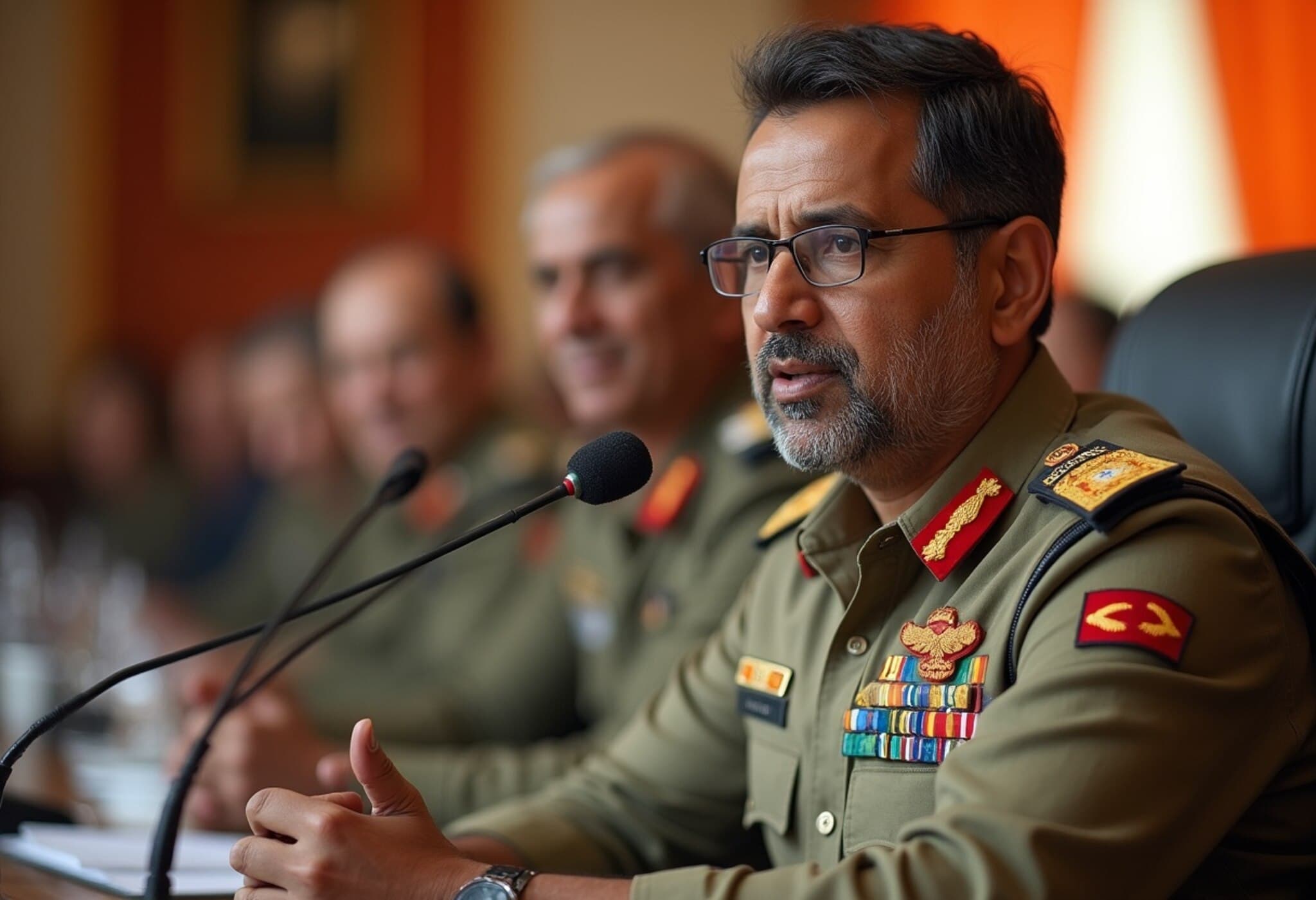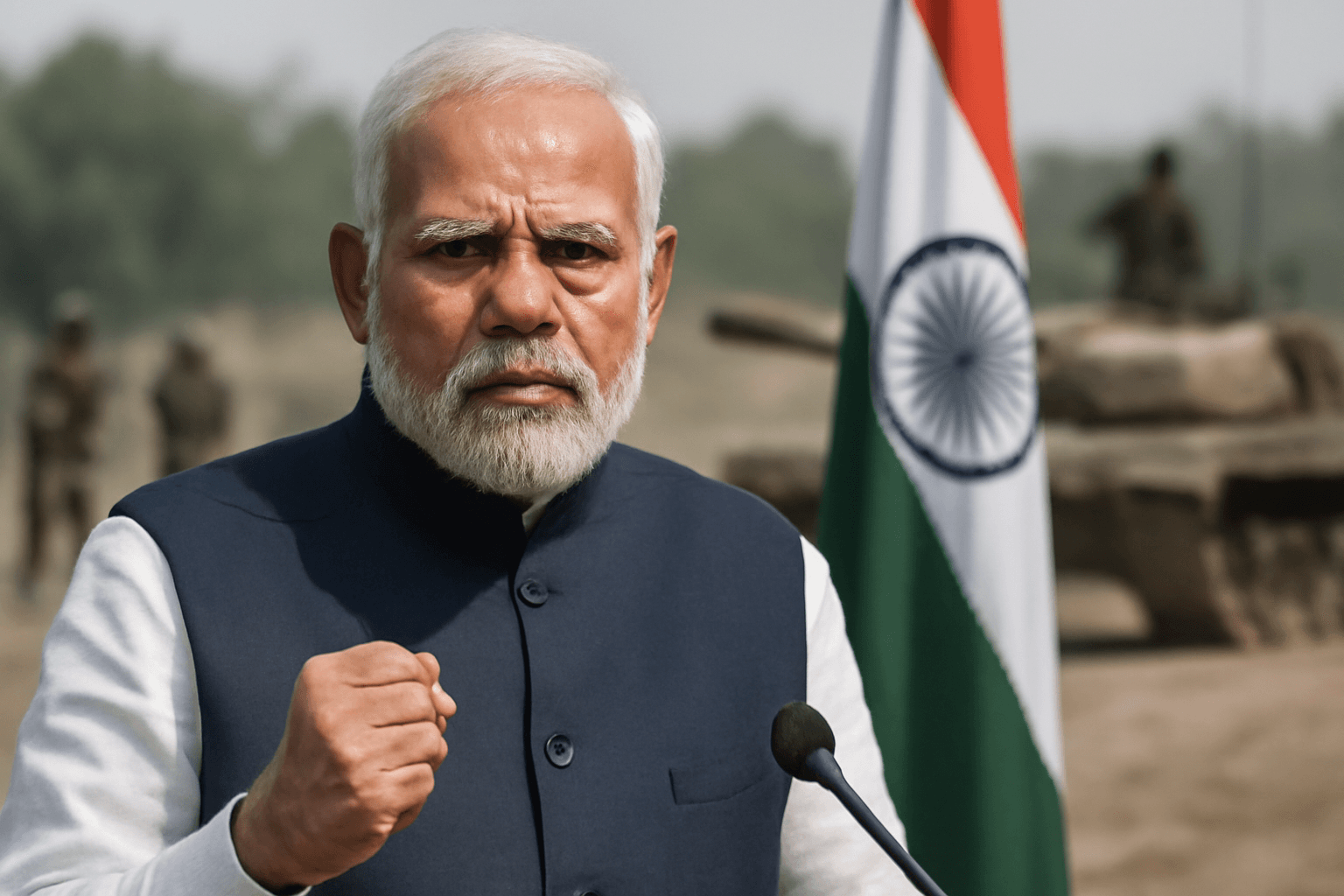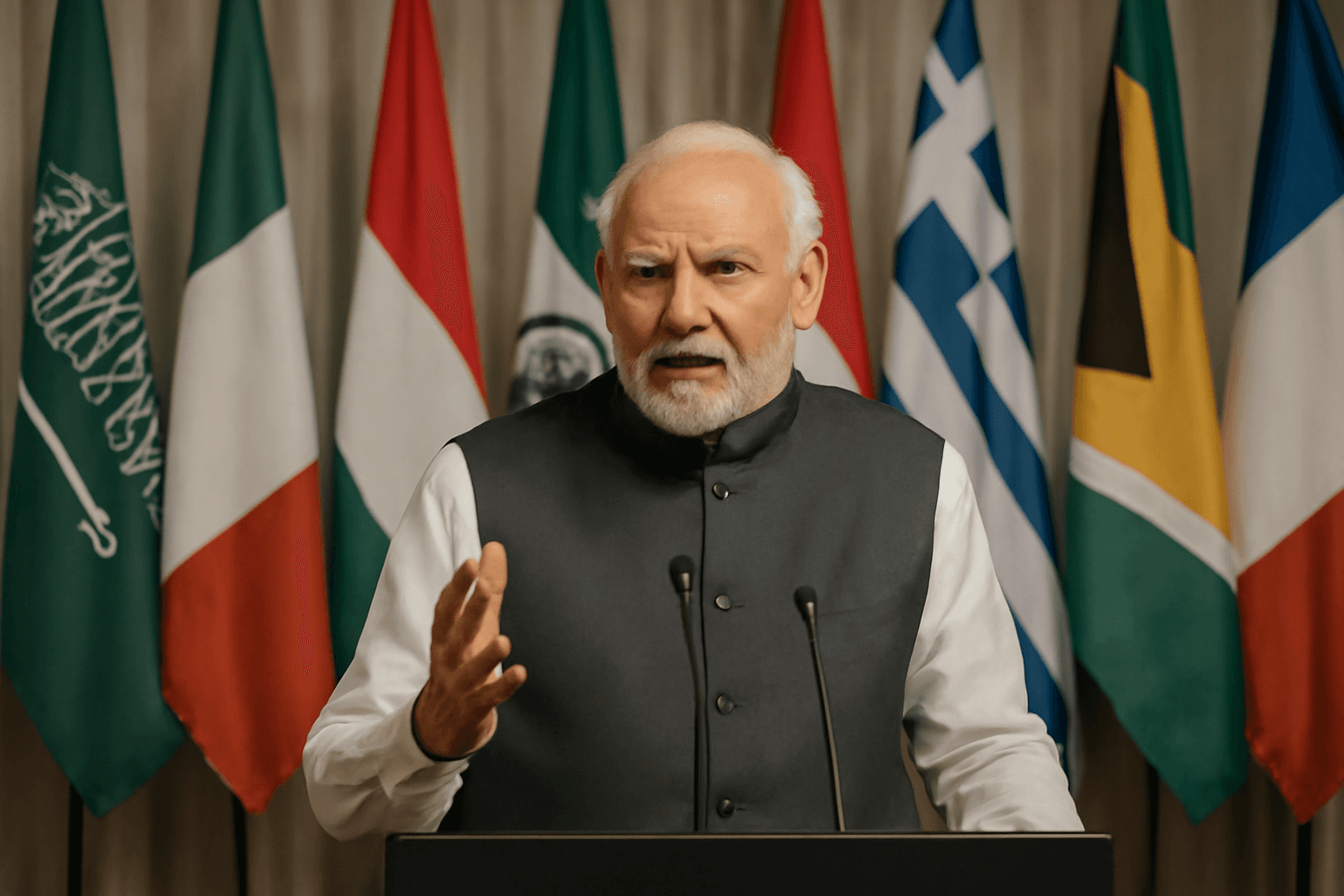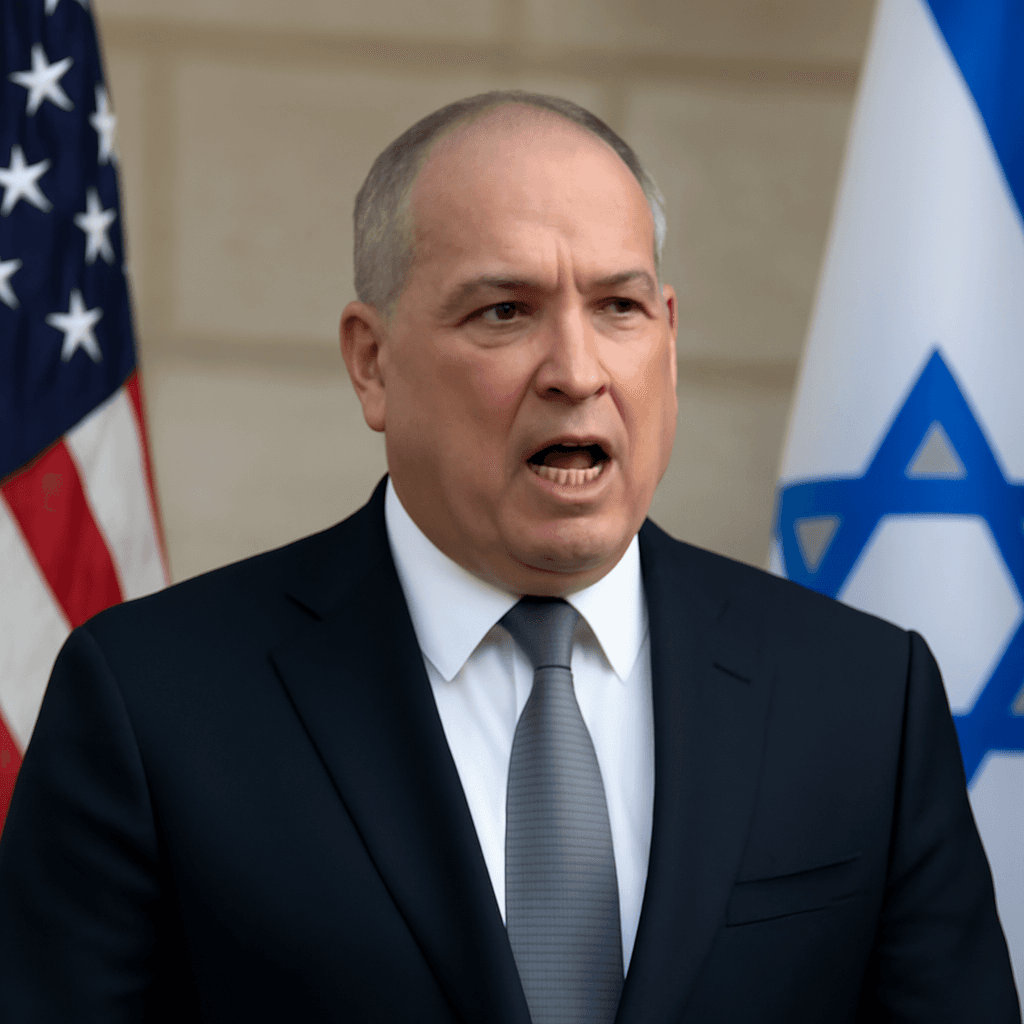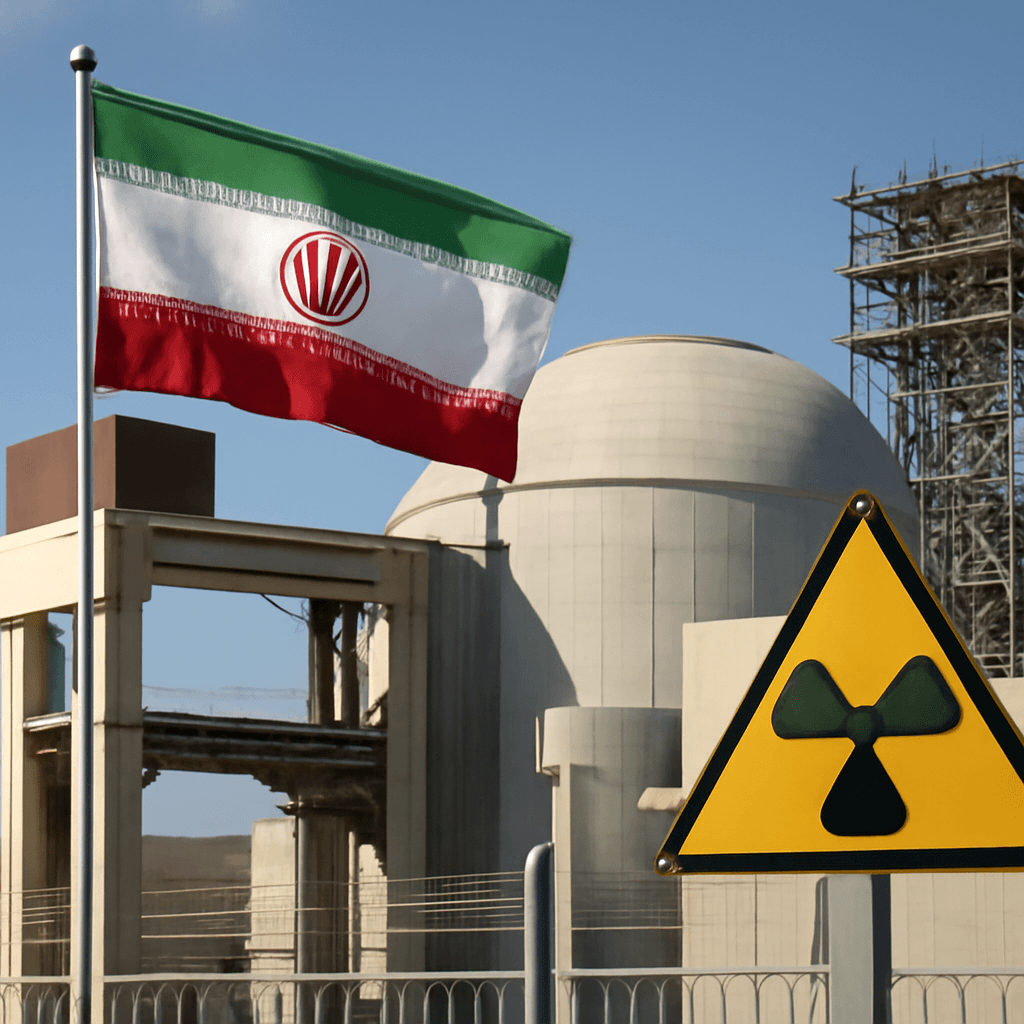India Raises Allegations Against Pakistan at UN Glaciers Summit
During the United Nations Conference on Glaciers held in Dushanbe, Tajikistan, India firmly accused Pakistan of violating the 1960 Indus Waters Treaty by supporting cross-border terrorism. India rejected Pakistan’s claims of treaty violations, instead highlighting Islamabad’s actions as detrimental to the treaty’s effective implementation.
India’s Position Presented by Environment Minister
Minister of State for Environment, Kirti Vardhan Singh, presented India's stance during the plenary session. Singh condemned Pakistan’s attempt to divert the forum by incorporating unrelated issues, emphasizing that such references were unwarranted and inappropriate for the summit.
He underscored the need to reassess treaty obligations, noting that the conditions since the treaty's signing in 1960 have changed fundamentally. Singh stated, "It is an undeniable fact that fundamental changes in circumstances necessitate a reassessment of the treaty’s obligations."
Core Arguments on Treaty Violation and Terrorism
The Indian delegation argued that Pakistan’s continuous support for terrorism across the border undermines the spirit and implementation of the Indus Waters Treaty. The treaty’s preamble highlights goodwill and cooperation, which Singh insisted Pakistan is not honoring in practice.
Singh elaborated:
- Pakistan’s own breaches hinder effective water sharing under the treaty.
- Blaming India for treaty violations is unfounded given Pakistan’s interference.
- Good faith and adherence to treaty provisions are critical for long-term cooperation.
Pakistan’s Response and Political Context
Prior to India’s presentation, Pakistan’s Prime Minister Shehbaz Sharif accused India of unilaterally suspending the treaty, threatening millions of lives in the region. Sharif’s remarks echoed concerns raised by Pakistan’s military leadership, warning against perceived Indian attempts to disrupt water-sharing arrangements on political grounds.
India suspended the treaty’s operations shortly after the Pahalgam terror attack in Kashmir on April 22, which resulted in the deaths of 26 tourists, citing security concerns tied to ongoing cross-border terrorism.
Implications for Bilateral Relations and Water Security
The exchange at the UN highlights the increasing tensions between the two countries over water resource management and security concerns. The Indus Waters Treaty, signed over six decades ago, remains one of the most significant agreements governing water sharing between India and Pakistan.
Experts suggest that recalibrating treaty terms in light of modern challenges, including climate change impacts on glaciers and water availability, is essential. However, political distrust continues to complicate efforts toward constructive dialogue.
Key Points Summary
- India accused Pakistan of violating the Indus Waters Treaty by supporting terrorism.
- Pakistan claimed India unilaterally suspended the treaty, endangering millions.
- The treaty, signed in 1960, requires reassessment due to changing circumstances.
- Both sides highlighted political and security concerns impacting water cooperation.
The ongoing disputes underscore the need for dialogue and adherence to international agreements to ensure regional stability and water security.

